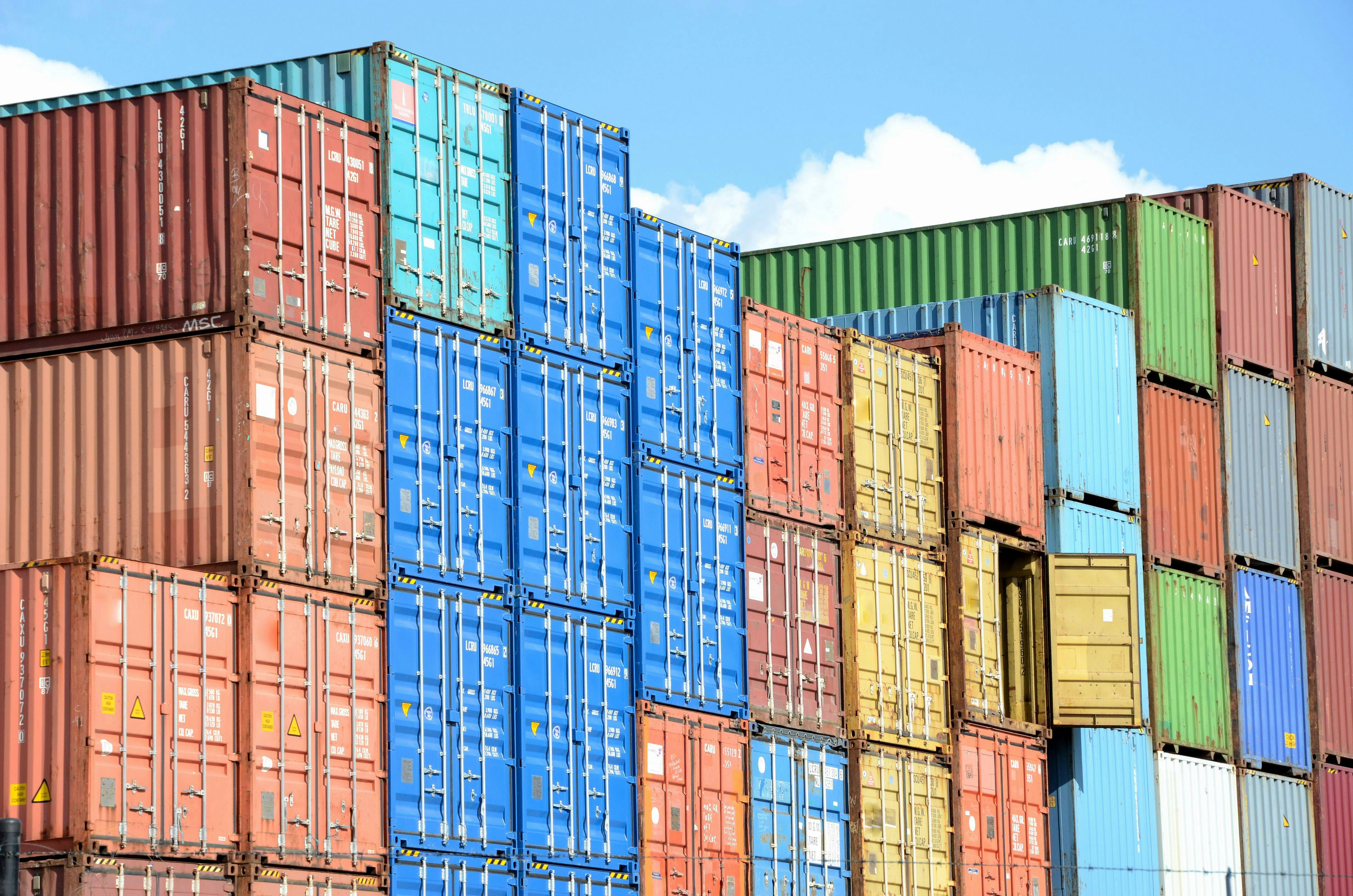Trump’s Tariffs Seen from Contradictory Angles

Trump's Trade Tirade: A Global Economic Earthquake?
The Transactional President and His Tariff Tactics
Donald Trump's paleo-conservative, isolationist assault on global trade is sending shockwaves across the world. His "Liberation Day" tariffs, announced on April 2nd, threaten a potential economic catastrophe, echoing the devastating 1930s depression. The image of a "Make America Great Depression Again" scenario looms large.
A particularly worrying aspect of this trade war is the potential for "divide and conquer" amongst national elites in targeted countries. Even South African President Cyril Ramaphosa, who previously challenged US foreign policy, seems tempted to appease Trump with potentially damaging deals, such as offering lucrative offshore methane gas exploration leases to US companies, despite the evident environmental risks and public opposition.
This obsequious behavior isn't unique to Ramaphosa. Over 50 world leaders have reportedly approached Washington, fueling Trump's boastful pronouncements about nations "coming to the table" and paying the US "a lot of money." This transactional approach to international relations underscores the precarious nature of the current global economic order.
Tariffs and Their Twisted Logic
Even before the April 2nd announcements, Trump implemented steep tariffs on steel, aluminum, and automobiles, significantly impacting South Africa's key exports to the US. While some raw materials have been exempted, this appears to be a neo-colonial resource grab that simultaneously stifles developing economies' manufacturing sectors.
Trump's economic advisor, Stephen Miran, argues that these tariffs, the highest in 130 years, are justified by the need to address dollar overvaluation. He believes tariffs, coupled with currency adjustments, can rebalance international trade. However, most experts view this as wishful thinking. Currency fluctuations are notoriously unpredictable, and the dollar's "safe haven" status provides a buffer against devaluation.
Meanwhile, US consumer inflation is expected to rise, and stock markets have already experienced substantial losses. As investors pull out of vulnerable economies, interest rates on bonds are soaring, adding further strain to already struggling nations like South Africa.
"Import taxes are highly regressive," points out left economist Dean Baker. "Tariffs will cost ordinary working people a much higher share of their income than for high-income people." This highlights the disproportionate impact of these policies on the most vulnerable segments of society.
Splintered Opposition: From Neoliberals to Eco-Socialists
Resistance to Trump's trade war emerges from diverse perspectives, including mainstream neoliberals dismayed by the violation of free trade principles, Keynesians advocating for domestic industry protection, environmentalists concerned about the ecological impact of excessive trade, African nationalists denouncing Trump's discriminatory rhetoric and policies, and Marxists pointing to the inherent contradictions of capitalism. The challenge lies in uniting these disparate voices into a cohesive force.
The Economist, representing the neoliberal view, condemned Trump’s tariffs as "mindless" and predicted "economic havoc." Even billionaire Trump supporter Bill Ackman admitted the damage to the US reputation would take "years, potentially decades, to rehabilitate.”
From a Keynesian and dependency theory perspective, critics like Samir Amin highlight the exploitative nature of international trade, emphasizing the unequal exchange of labor and resources that perpetuates underdevelopment in the Global South.
Climate activists, meanwhile, lament the massive carbon footprint of global trade. The failure of the International Maritime Organization to address shipping emissions underscores the lack of progress on this critical issue.
Finally, African nationalists view Trump's "s-hole countries" rhetoric and trade attacks as evidence of deep-seated prejudice. The withdrawal of US funding for vital African healthcare and climate initiatives further fuels this perception.
Beyond Trump: A Path Towards Economic Justice?
While Trump's trade war presents significant challenges, it also creates opportunities for rethinking the global economic system. Economist Jayati Ghosh suggests exploring alternative trading arrangements, focusing on regional cooperation and domestic demand, and prioritizing sustainable production and fair labor practices.
As the dust settles, the true test will be whether countries choose to fight back against Trump's protectionism or succumb to his transactional demands. The potential for a coherent and effective response hinges on uniting diverse perspectives around a shared vision of economic justice and ecological sustainability.